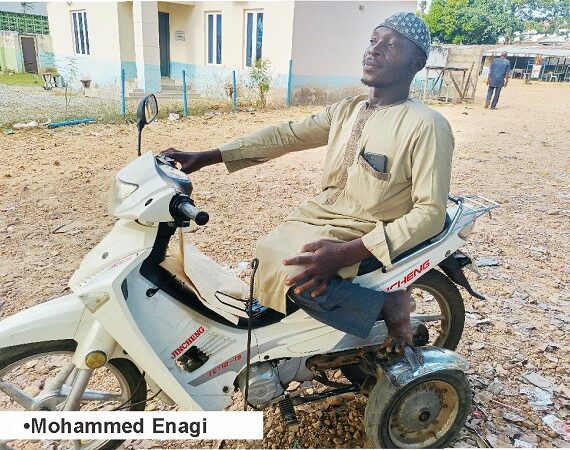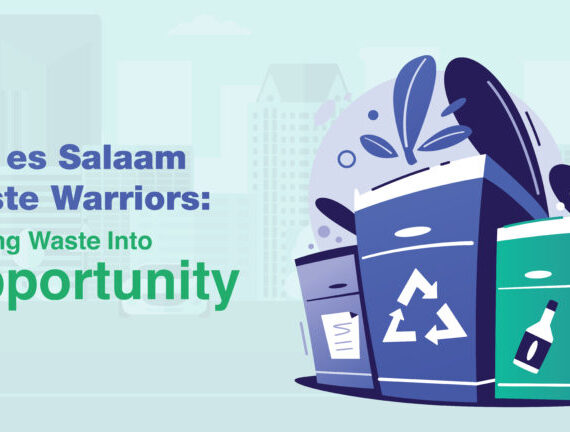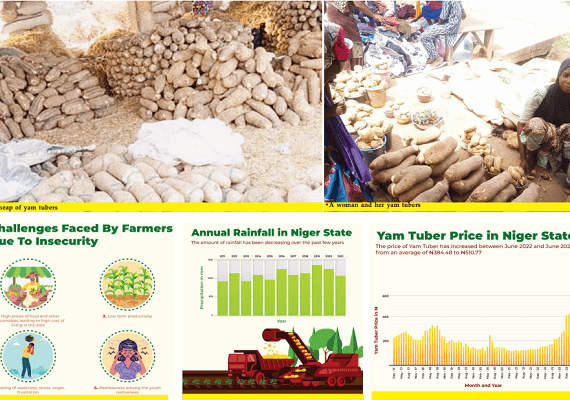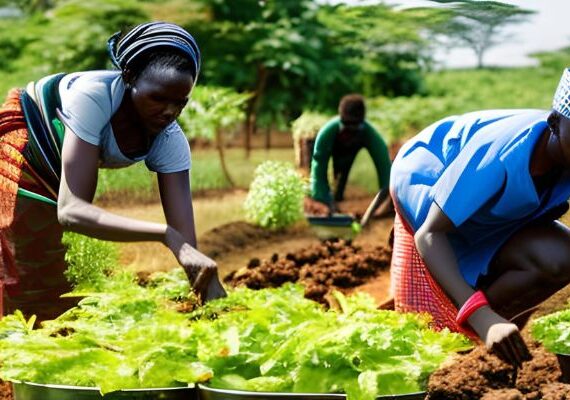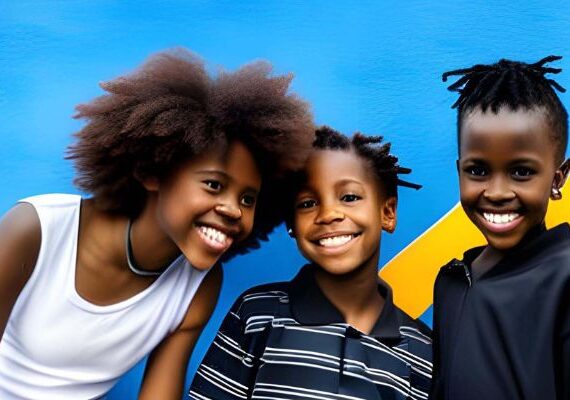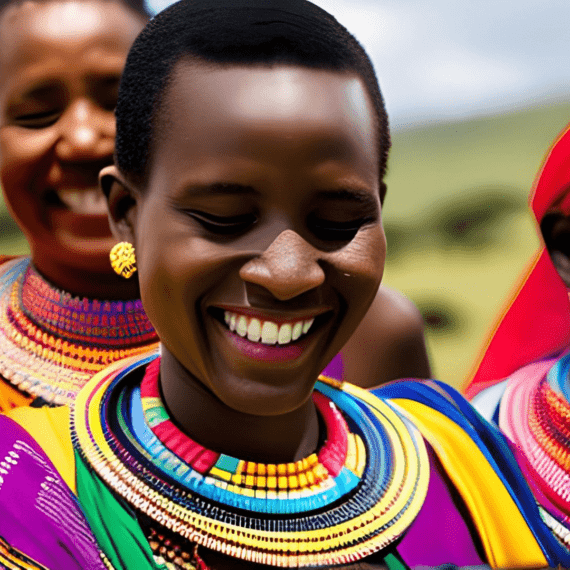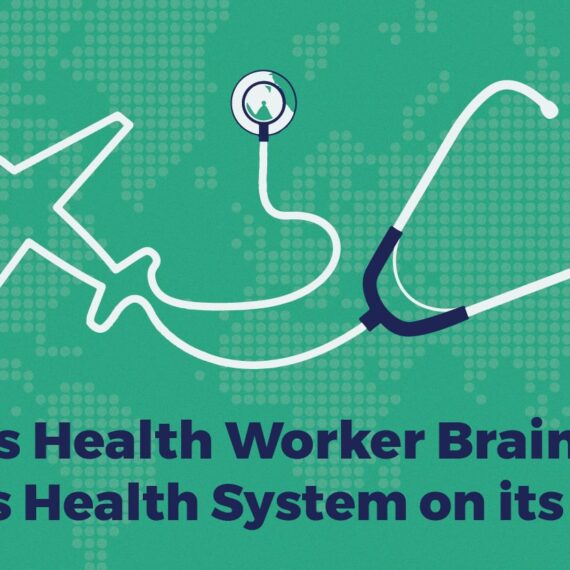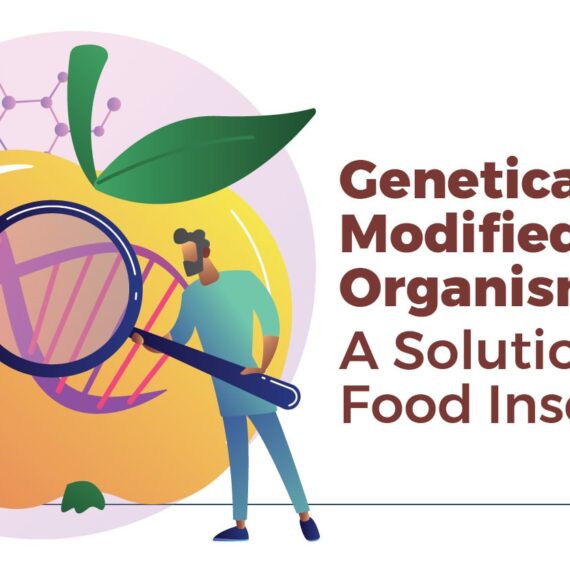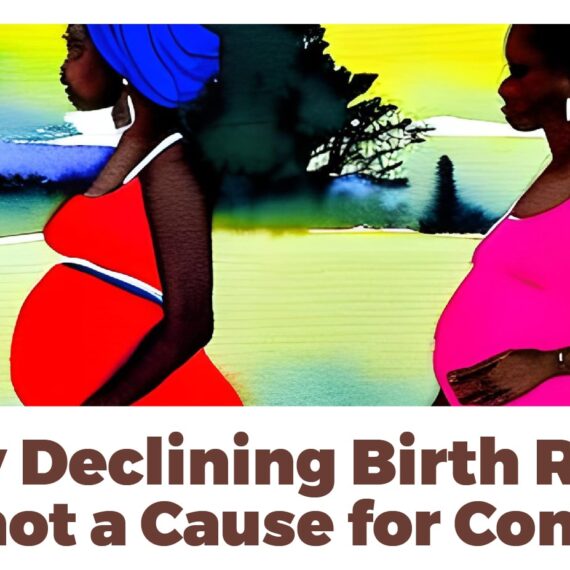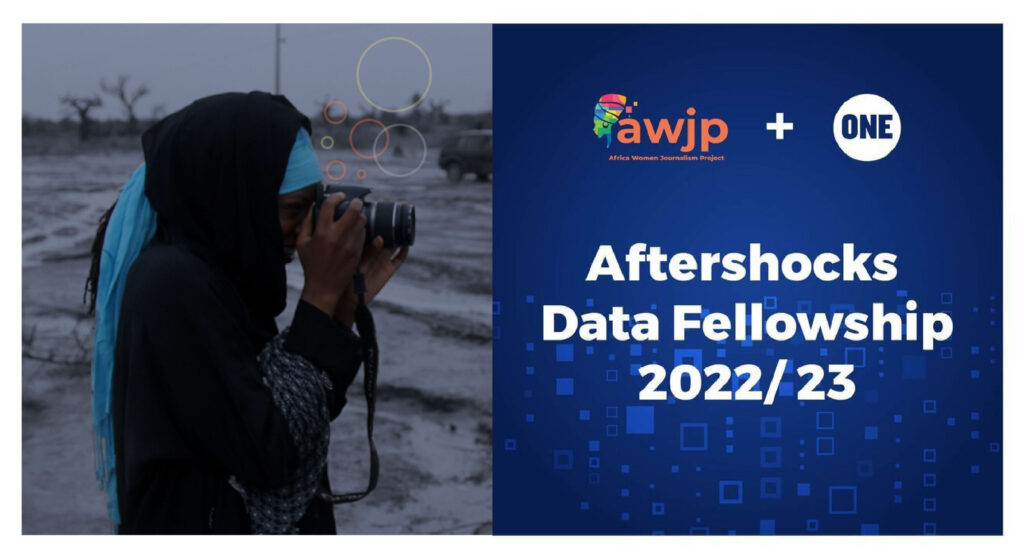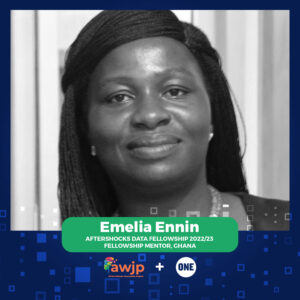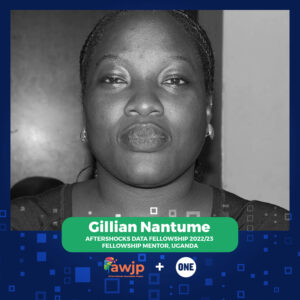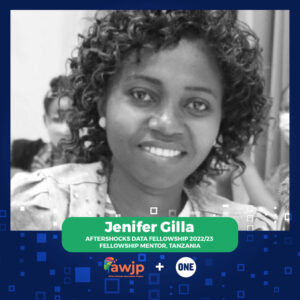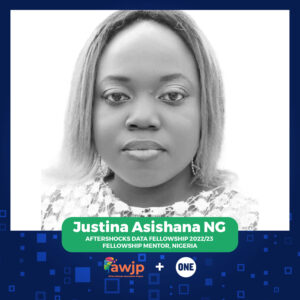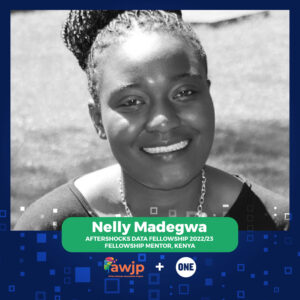Living On The Margins
Despite ongoing initiatives to advance the implementation of the national disability law since its enactment in Nigeria, there remains a low level of adherence and execution across all sectors. Consequently, people with disabilities are excluded
Dar es Salaam Waste Warriors: Turning Waste into Opportunity
Even before the Waste to Zero initiative was launched at the COP28 Climate Change conference in December 2023, an inspiring group of women in Dar es Salaam have been spearheading an approach that is tackling
Yam farmers battle challenges of climate change, insecurity
Increasing the yield of important crops such as yam is crucial to ensure food security and livelihood. However, unpredictable rainfall and higher temperatures have contributed to reduced yam harvests. In this report, JUSTINA ASISHANA highlights the multi-faceted
Unravelling Kenya’s Food Crisis
With 8.9 million Kenyans (17 per cent of the population) living in extreme poverty – below 1.9 USD (Ksh 250) a day –and a hunger level score of 23.5 which is way above the recommended
Are We Doing Enough?
Comprehensive Sexual education in Kenya has been a topic of concern in recent years. The question of whether youth in Kenya are equipped with comprehensive sexual education has been raised by many stakeholders in the
